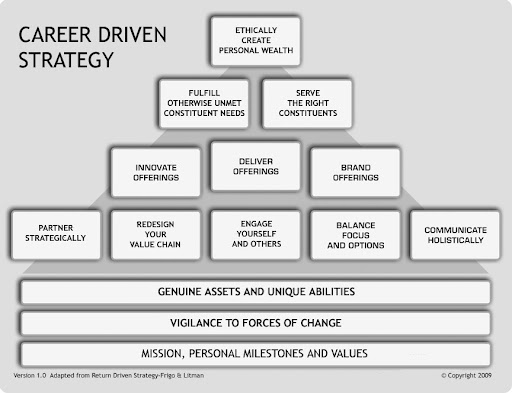Forget 4 hours of sleep. Now, the name of the game is getting as much of it as possible!
|
|
| Curious? Continue reading below to know more! Forget 4 hours of sleep. Now, the name of the game is getting as much of it as possible! Back then, running on three hours of sleep was a badge of honor for executives, high-performers, and career-oriented individuals. During those days, a suboptimal sleep schedule was often glorified because it meant the hours meant for sleep were dedicated to work, which was often taken as a sign of perseverance, efficiency, and dedication. However, fast forward to now, the conversation regarding sleep and work performance has changed considerably. Instead of glorifying suboptimal sleep, top business leaders and performers are now prioritizing their sleep more than they ever did before. Even Amazon founder Jeff Bezos has spoken about the importance of a good night’s sleep, saying that he performs better and has more energy when he’s able to get eight hours of sleep. With all this chatter about better sleep going around, a trend called sleepmaxxing has taken hold since 2024. … but what exactly is this trend about?
Sleepmaxxing is a slang term used to refer to a wellness trend that prioritizes getting optimal amounts of sleep through a combination of better habits, analytics, supplements, and usage of sleep-oriented equipment or devices. The benefits of good sleep cannot be overstated, as it’s been linked to:
So how does sleepmaxxing actually figure into all of this? As mentioned above, the health trend revolves around enabling an individual to maximize his or her sleep through a variety of ways. Aside from promoting better sleep habits, the wellness trend promotes the use of:
Besides those, some have advocated for the use of mouth tapes and sleep nostril expanders to prevent snoring. While some claim that these have helped them get better sleep, there isn’t enough scientific proof that the usage of these products have a tangible effect on sleep quality. Due to the shifting narrative about the importance of sleep and partly because of the sleepmaxxing trend, a market has formed around sleep. According to a report, the global sleep economy is worth around USD 500 billion as of July 2025. This leads us to the next question: Do you really need to spend this much to get better sleep? The answer is no. While sleep trackers, off-the-shelf medications, and even orthopedic mattresses can help you sleep better, they’re not a requirement to sleep better. Wellness trackers, for example, can lead you to incessantly track your sleep and even cause anxiety when relied on too heavily. The key here is not to strictly adhere to everything the sleepmaxxing trend tells you to make use of. Instead, it’s better utilized as a guide on how you can get better sleep. At the end of the day, the goal is for you to prioritize your sleep. If that means trying out sleep trackers or supplements, go ahead. However, if you don’t want to spend hundreds, if not thousands, of dollars, you can stick with the basics of getting better sleep such as:
— Staying up late and getting little to no sleep is no longer a badge of honor. These days, reaching peak performance calls for optimal sleep. So, if you want to improve your performance, make sure to prioritize your sleep! If you’re having a hard time finding out how, you can make use of the principles found in the sleepmaxxing trend. However, if you want to keep it simple, you can always turn to the basics such as limiting caffeine intake, going to bed earlier, and avoiding blue light prior to your sleep. Regardless of the method, the goal here is to maximize your sleep, so when you wake up, you feel energized, well-rested, and eager to take on the challenges that’ll come your way! For a daily version of this newsletter, please subscribe here. |

Miles Everson
CEO of MBO Partners and former Global Advisory and Consulting CEO at PwC, Everson has worked with many of the world's largest and most prominent organizations, specializing in executive management. He helps companies balance growth, reduce risk, maximize return, and excel in strategic business priorities.
He is a sought-after public speaker and contributor and has been a case study for success from Harvard Business School.
Everson is a Certified Public Accountant, a member of the American Institute of Certified Public Accountants and Minnesota Society of Certified Public Accountants. He graduated from St. Cloud State University with a B.S. in Accounting.




